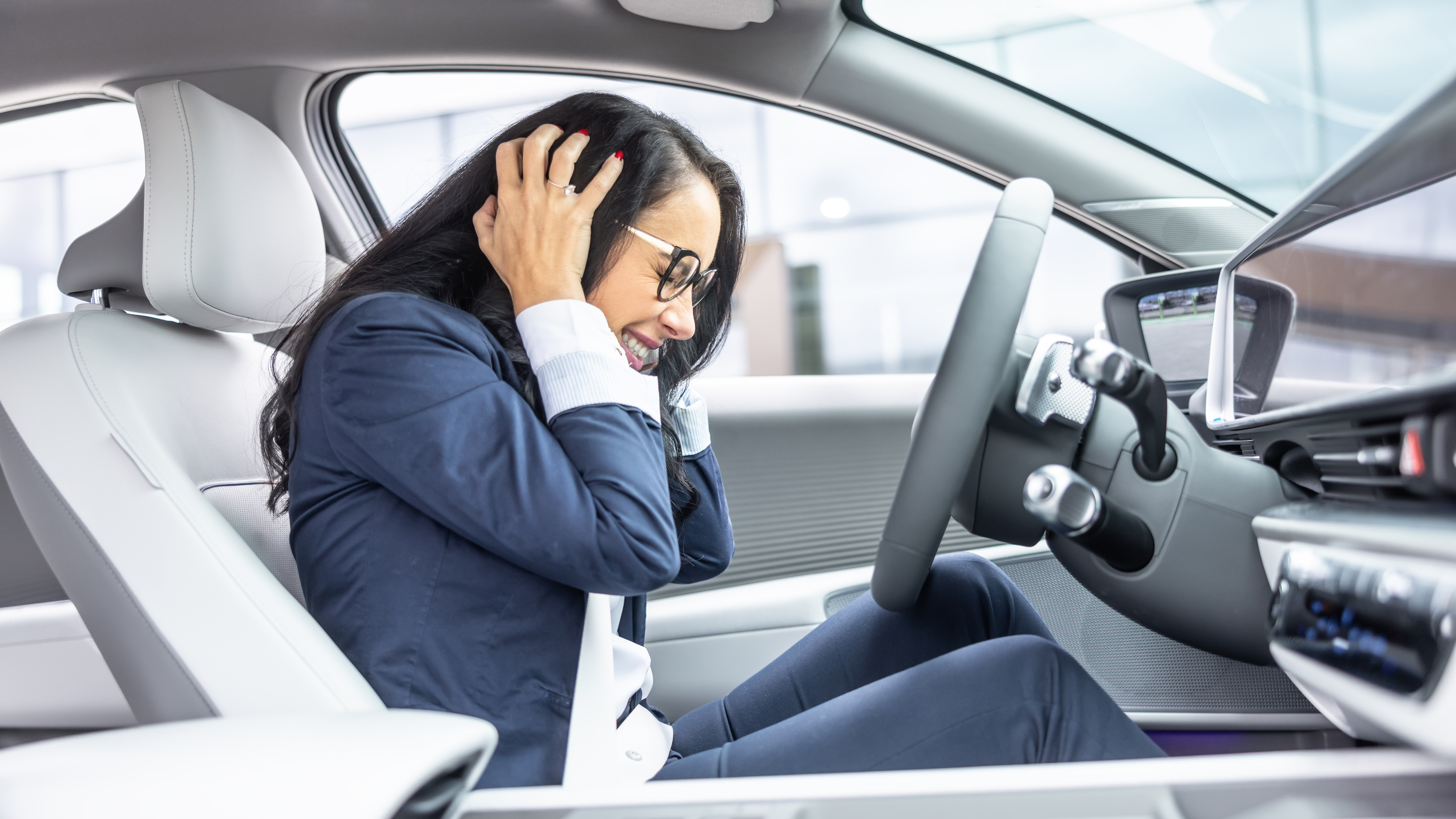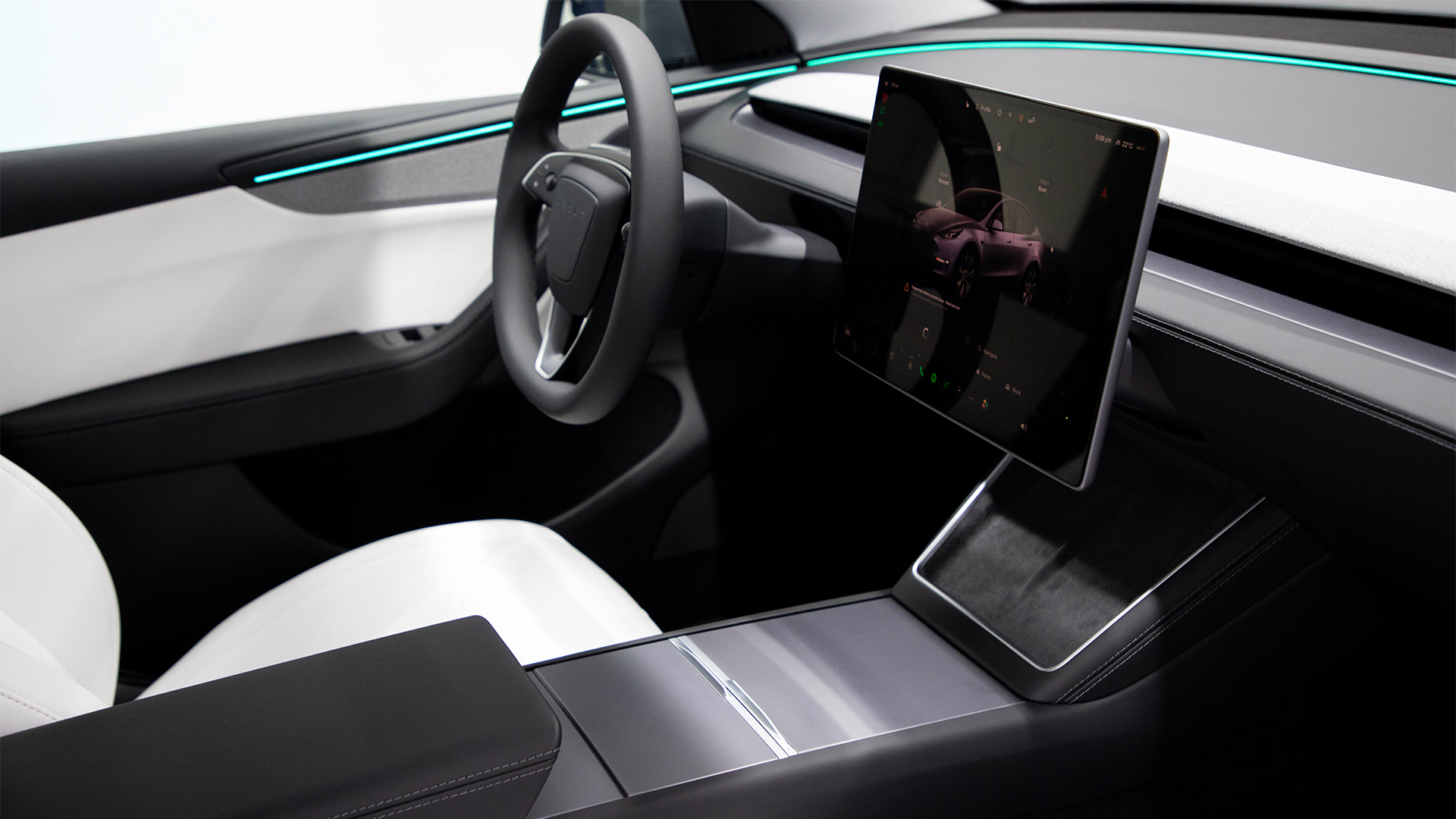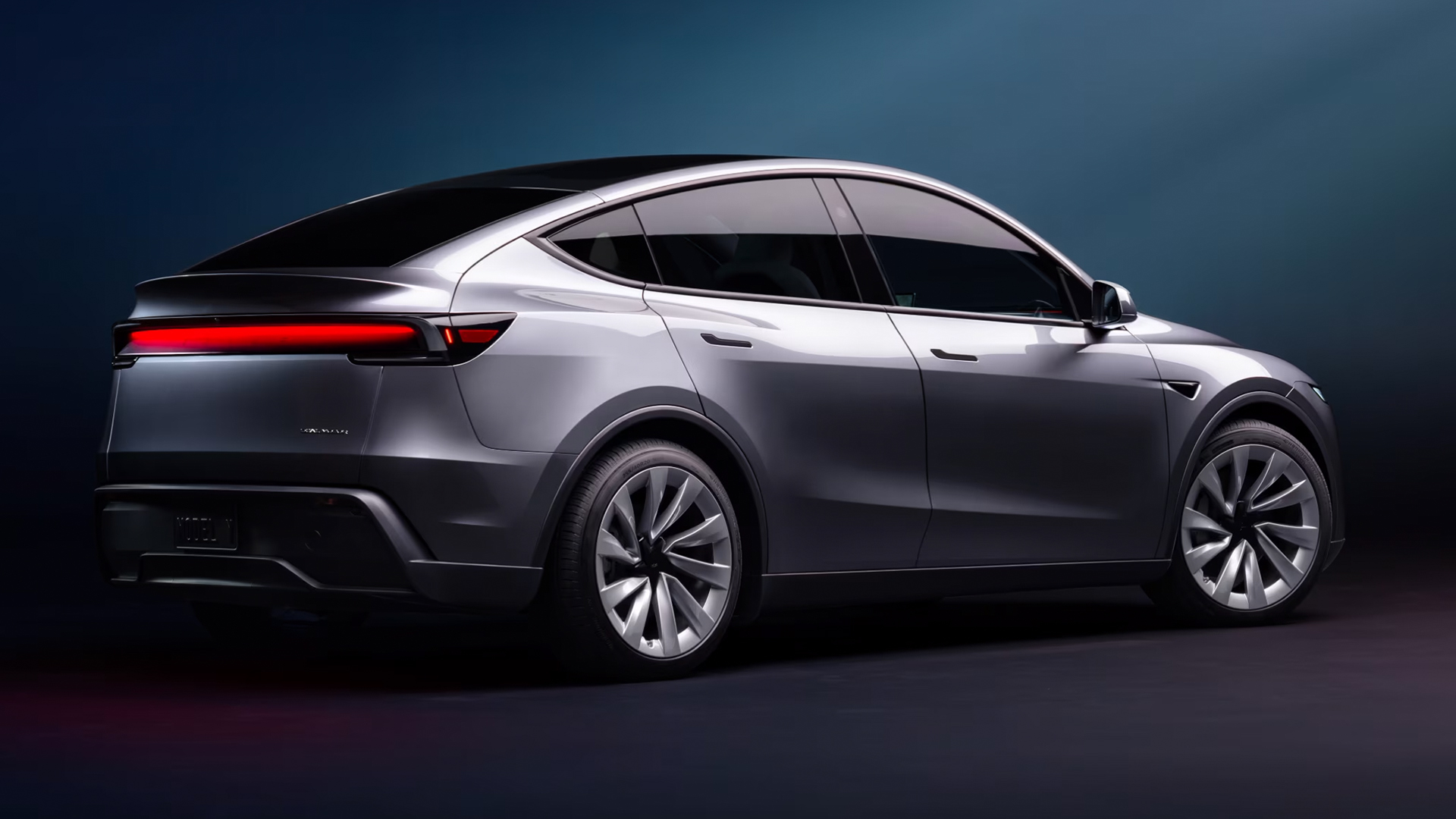Sick of annoying car safety warning systems? Good news, they'll become less 'intrusive' from 2026 – here's why
Physical buttons should be making a comeback too

Sign up for breaking news, reviews, opinion, top tech deals, and more.
You are now subscribed
Your newsletter sign-up was successful
- Report states Euro NCAP tests will target “annoying” safety tech
- Confusing touchscreens will also come under scrutiny
- Europe’s crash safety body will make big changes for 2026
Europe’s leading crash safety organization, Euro NCAP, has revealed that it is to make significant changes to its testing next year, with a focus on targeting "annoying warnings or intrusive interventions”, according to a report by Autocar.
Euro NCAP has been crash-testing new vehicles for almost 30 years and has become synonymous with the highest levels of safety. The coveted five-star rating has been used by manufacturers to promote models that meet the most rigorous safety standards.
Made up of tests that examine passive safety features, such as structural elements and occupant safety in the event of a crash, there has been an increasing focus on active technology and advanced driver assistance systems (ADAS) over recent years.
These include things like lane keep assist, speed limit warning systems and automatic braking functionality.
However, Euro NCAP has reportedly listened to consumer feedback and will adapt its testing strategy next year to ensure that any advanced driver assistance system adds an extra element of safety without distracting the driver.
As of next year, higher safety ratings will be given to those vehicles that "maintain attention and engagement behind the wheel", with additional points awarded to "systems that monitor driver performance in real time".

This relates to the most advanced safety systems that essentially only kick into action when the onboard computer system senses that the driver is distracted, rather than interrupting with an audible every time a driver does something that is deemed even remotely unsafe.
Sign up for breaking news, reviews, opinion, top tech deals, and more.
Volvo and Polestar offer such systems, which constantly track driver eye and head movements, adjusting the sensitivity of the ADAS technology depending on the perceived concentration levels.
According to Autocar, Euro NCAP will also offer special commendation to systems that can detect the influence of drugs or alcohol, and safely stop the car if the driver falls unconscious.
Buttons are back, baby

The changes in Euro NCAP’s crash testing protocol will hopefully prevent manufacturers from adding every conceivable safety system to a new car without thought on its calibration or the potential distracting impact on drivers.
Up until this point, Euro NCAP has awarded additional points for any manufacturer that includes said ADAS technologies, without analyzing how effective it is.
However, there has been a major backlash by consumers that now have to put up with myriad bongs and alerts at the mere hint of a lane marking or when the speedometer creeps just 1mph over the speed limit.
Many manufacturers have been forced to add shortcut buttons that allows the driver to turn off all of these systems. But then that completely negates their usefulness and makes their very existence almost pointless.
Now, it seems Euro NCAP will finally investigate their performance in the real world, forcing manufacturers to think about how they implement the technology to ensure it actually benefits the driver.
On top this, NCAP will also evaluate the "placement, clarity and ease of use" of key car functionality, meaning physical buttons for the most commonly used and important car controls are highly likely to make a return to dashboards.
Again, this is in direct response to the general concern with core functionality being buried in layer upon layer of touchscreen menu. This can include things like wing mirror adjustment, but also extends to very important functions, such as window de-misters and even fog lights.
Many emerging manufacturers took a leaf out of the Tesla playbook on the touchscreen controls, but many could now see their Euro NCAP safety numbers diminish if they continue to do so.
What’s more, the safety organization also said that it will shift its focus on “post-crash safety”, meaning electric door handles must remain functional after an accident, something that Tesla has also come under fire for in recent months.
Follow TechRadar on Google News and add us as a preferred source to get our expert news, reviews, and opinion in your feeds. Make sure to click the Follow button!
And of course you can also follow TechRadar on TikTok for news, reviews, unboxings in video form, and get regular updates from us on WhatsApp too.

Leon has been navigating a world where automotive and tech collide for almost 20 years, reporting on everything from in-car entertainment to robotised manufacturing plants. Currently, EVs are the focus of his attentions, but give it a few years and it will be electric vertical take-off and landing craft. Outside of work hours, he can be found tinkering with distinctly analogue motorcycles, because electric motors are no replacement for an old Honda inline four.
You must confirm your public display name before commenting
Please logout and then login again, you will then be prompted to enter your display name.